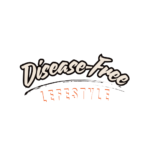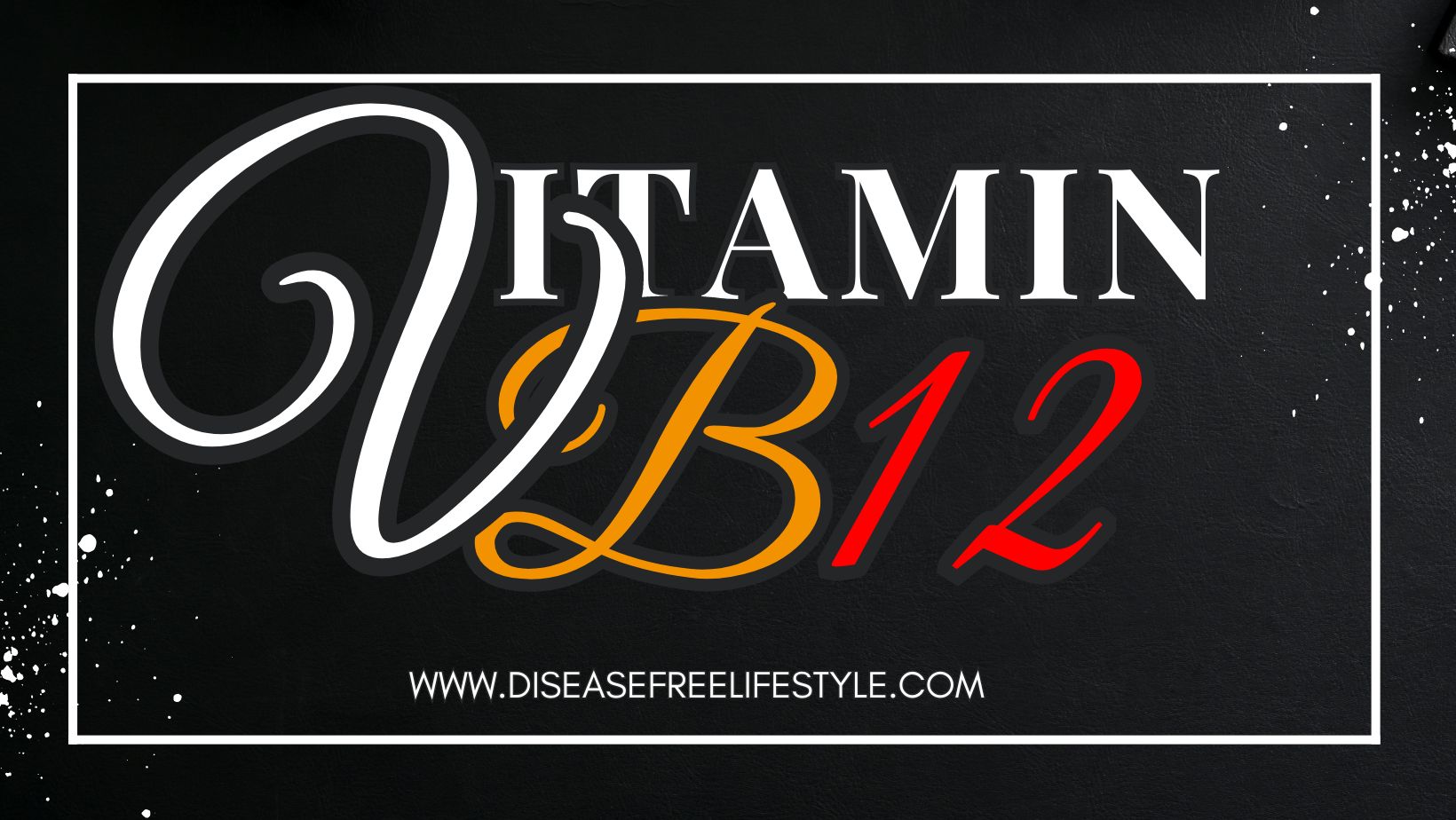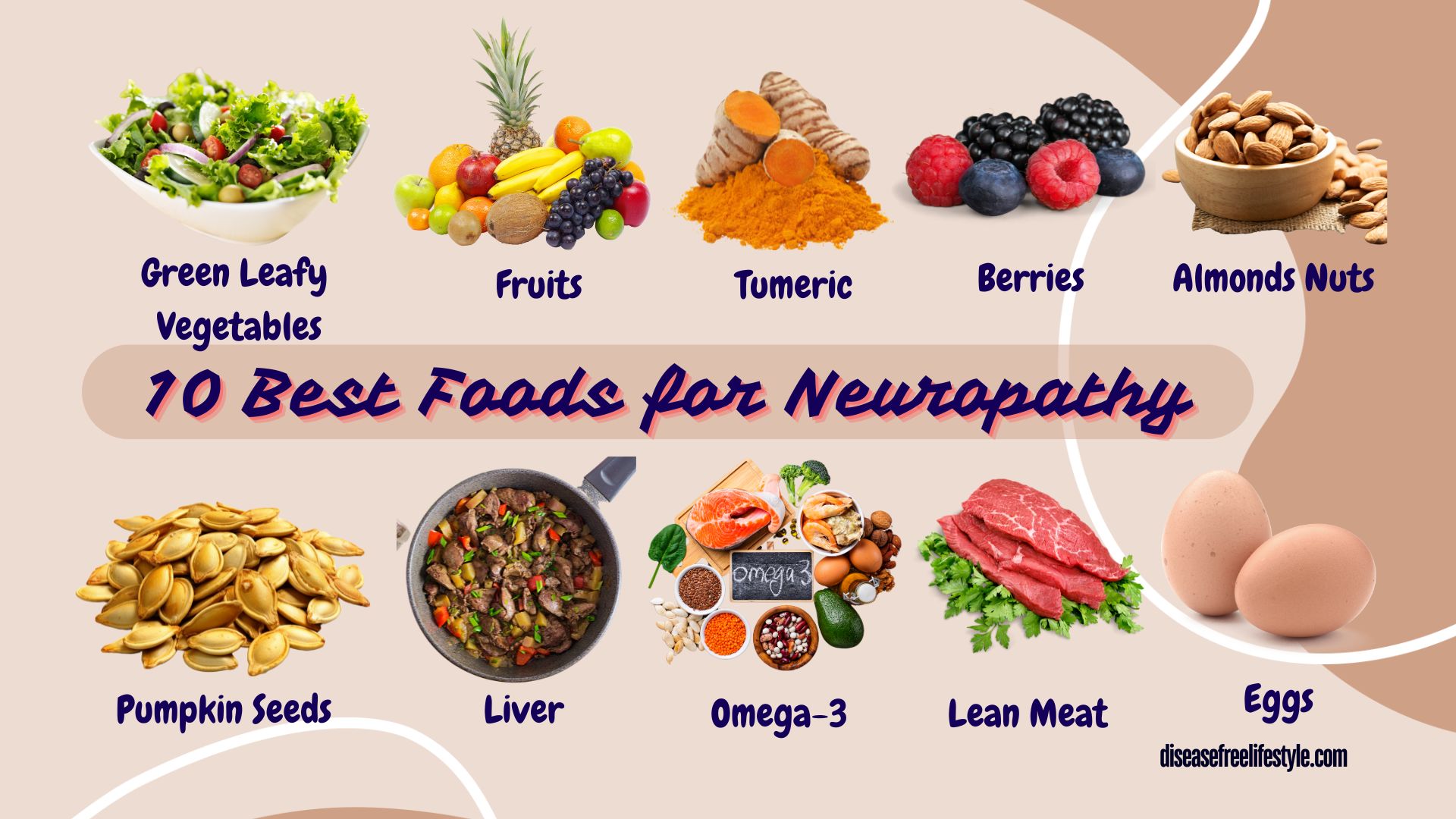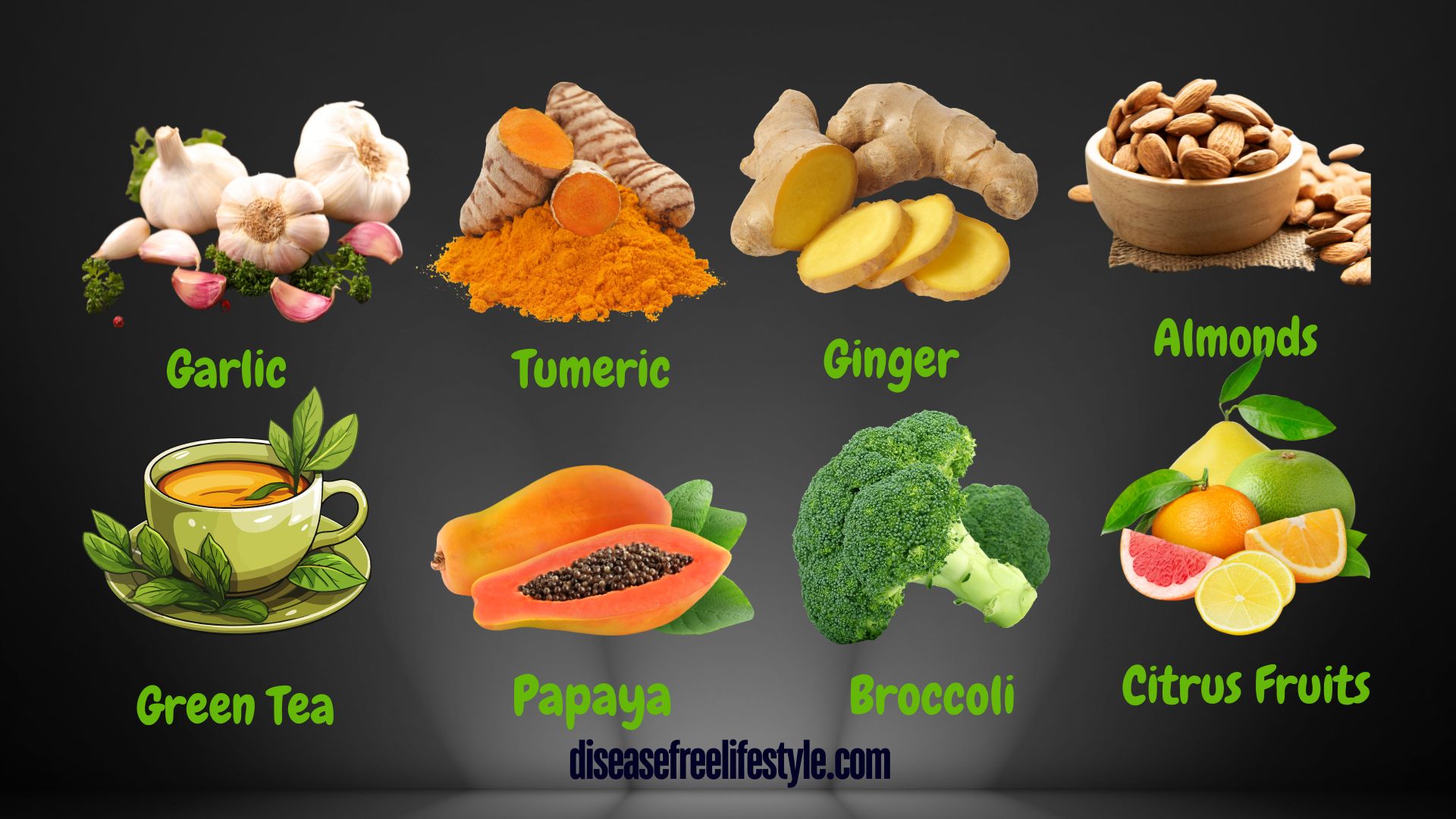Adopting a plant-based diet is a powerful step towards a disease-free lifestyle. With a focus on whole, unprocessed plant foods, this diet can offer numerous health benefits, from reducing the risk of chronic diseases to boosting overall wellness. For beginners, transitioning to a plant-based diet may seem daunting, but with the right guidance and tips, it can be a smooth and rewarding journey.
Benefits of a Plant-Based Diet
- Reduced Risk of Chronic Diseases: A plant-based diet is rich in vitamins, minerals, fiber, and antioxidants, all of which contribute to better health and disease prevention. Studies have shown that plant-based diets can significantly reduce the risk of chronic diseases such as heart disease, diabetes, and certain cancers. For example, the high fiber content in fruits, vegetables, and whole grains helps lower cholesterol levels and regulate blood sugar, thereby reducing the risk of heart disease and diabetes.
- Improved Digestive Health: Plant-based diets are inherently high in fiber, which promotes healthy digestion by aiding bowel movements and preventing constipation. A healthy digestive system is crucial for nutrient absorption and overall health. Fermented plant foods like sauerkraut, kimchi, and yogurt (for those who include dairy) are rich in probiotics, which support a healthy gut microbiome.
- Enhanced Weight Management: Transitioning to a plant-based diet can help with weight management. Plant foods are typically lower in calories and higher in nutrients, allowing for a greater volume of food with fewer calories. This helps in maintaining a healthy weight, which is essential for preventing obesity-related diseases.
- Environmental Benefits: Beyond personal health, a plant-based diet is beneficial for the environment. Plant-based eating requires fewer resources such as water and land, and generates lower greenhouse gas emissions compared to diets heavy in animal products. This makes it a sustainable choice for those looking to reduce their environmental footprint.
Tips for Beginners
- Start Slowly: For those new to plant-based eating, it’s important to start slowly. Begin by incorporating more fruits, vegetables, whole grains, nuts, and seeds into your meals. You can start with one plant-based meal a day and gradually increase the frequency as you become more comfortable.
- Explore Plant-Based Proteins: One common concern about plant-based diets is getting enough protein. There are plenty of plant-based protein sources such as beans, lentils, chickpeas, tofu, tempeh, and quinoa. Incorporate a variety of these proteins into your meals to ensure you’re meeting your protein needs.
- Plan Your Meals: Meal planning is crucial for maintaining a balanced and nutritious plant-based diet. Plan your meals ahead of time, focusing on a variety of food groups to ensure you’re getting all the necessary nutrients. Prepare your grocery list based on your meal plan to make shopping easier.
- Experiment with New Recipes: One of the joys of adopting a plant-based diet is discovering new foods and recipes. Experiment with different cuisines that naturally incorporate plant-based ingredients, such as Indian, Mediterranean, and Middle Eastern dishes. This keeps your meals exciting and diverse.
- Educate Yourself: Educate yourself about nutrition to ensure you’re getting a balanced diet. Key nutrients to focus on include vitamin B12, iron, calcium, omega-3 fatty acids, and vitamin D. You may need to consider supplements for certain nutrients, especially B12, which is primarily found in animal products.
- Join a Community: Joining a community of like-minded individuals can provide support and inspiration. Look for local plant-based groups, online forums, or social media communities where you can share experiences, recipes, and tips.
Conclusion
Transitioning to a plant-based diet offers numerous health benefits that contribute to a disease-free lifestyle. From reducing the risk of chronic diseases to improving digestive health and aiding in weight management, the advantages are substantial. By starting slowly, exploring plant-based proteins, planning meals, experimenting with new recipes, educating yourself, and joining a community, you can make the transition smooth and enjoyable. Embrace the journey towards a healthier, more sustainable way of eating and experience the positive impact on your well-being.
Incorporate these tips into your daily routine and watch as your health and vitality flourish, paving the way for a vibrant, disease-free lifestyle.










